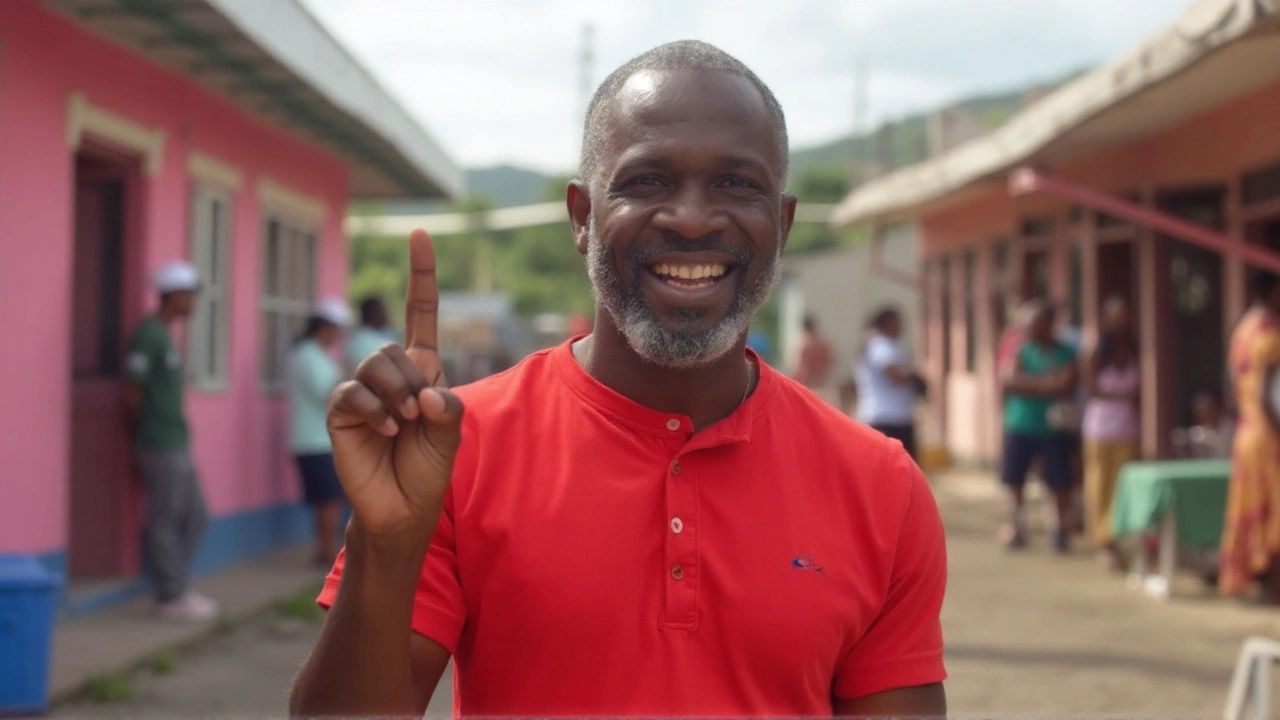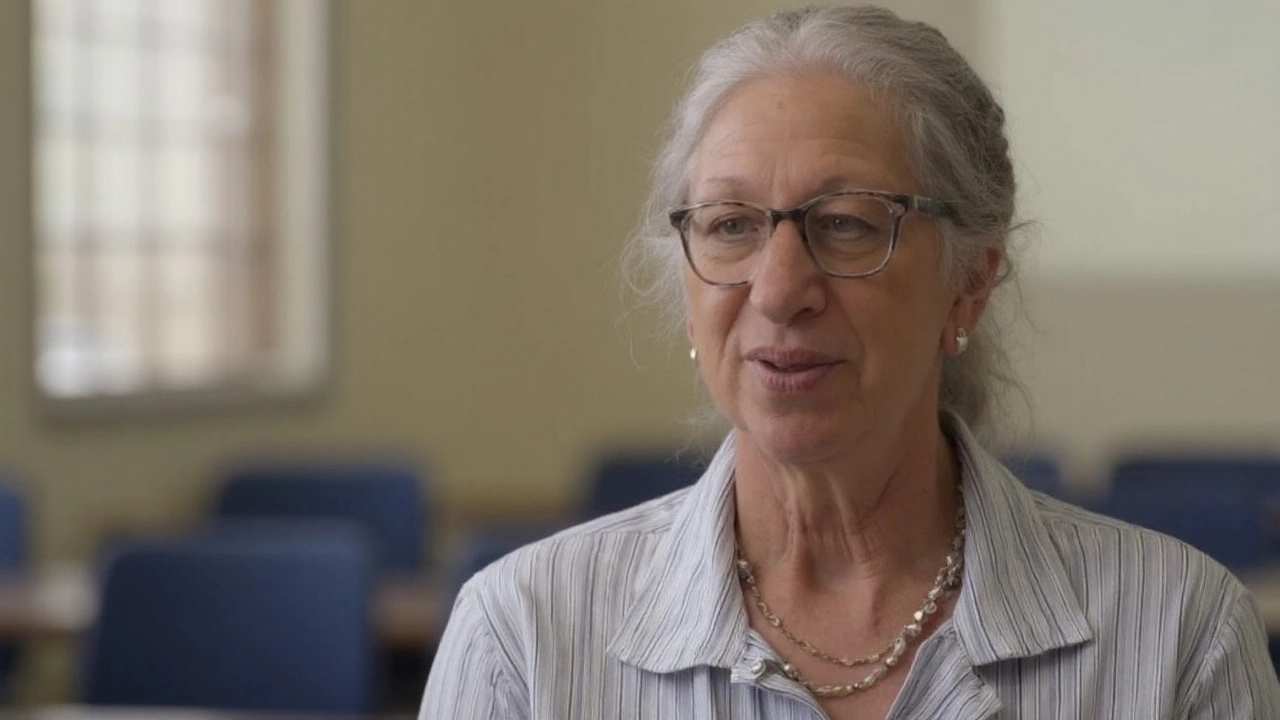Jamaicans step up to watch the vote, but funding caps the rollout
More than a thousand Jamaicans put their hands up to watch the vote. About 700 will get the badge. That’s the trade-off Citizens Action for Free and Fair Elections (CAFFE) is making as it gears up to deploy observers across all 63 constituencies for the upcoming General Election. The interest is there; the money is not.
CAFFE, led by Chairperson Grace Baston, is the country’s best-known domestic election monitoring group. The organization says the goal is simple: guard the process, not pick a side. With financial constraints biting, CAFFE has scaled back from the initial wave of applicants to a deployment the group can train, equip, and manage properly on election day.
Why does this matter? Because credibility rests not just on what happens inside polling stations but on whether the public believes what happened. Domestic observers—people from the communities where ballots are cast—deliver that layer of trust. They know the terrain, they stick around after the cameras leave, and they spot the small things that can add up to big problems if ignored.
The group plans to place observers in every constituency, though not in every electoral division. That’s a realistic approach with tight resources. The strategy gives a national footprint while concentrating attention where the contests look close and the margins may be thin. It’s a balancing act: broad coverage without spreading people so thin that no one can properly watch anything.

Inside CAFFE’s plan: who goes where, and what they’ll do
Most volunteers will sit inside polling stations as “indoor observers.” They’ll watch opening procedures, check whether sensitive materials are sealed and logged, note accessibility for voters with disabilities, and record any challenges or delays. They’ll monitor whether voters get through efficiently, whether party agents follow the rules, and whether counting at day’s end sticks to the book.
Roving observers will circulate across multiple stations, filling gaps and troubleshooting where reports suggest slowdowns, confusion, or tension. This layer helps when a constituency has a mix of busy urban sites and smaller rural locations. Rovers also give coordinators a real-time picture of where to send backup if a station gets overwhelmed.
Behind them sits a small data operation. CAFFE plans to staff a data center and keep volunteers at its headquarters to collect incident reports, categorize them, and watch for patterns. If several polling stations report the same issue—say, long lines caused by a snag in the voter check process—coordinators can alert the appropriate channels. In a fast-moving election, quick, accurate information is a safety valve. It stops rumors before they harden into mistrust.
Training is the spine of the deployment. While the organization hasn’t published a full syllabus, domestic observer training typically covers a few common pillars: the legal framework for election day; a code of conduct that keeps observers neutral and calm; how to document issues with time, location, and specifics; de-escalation techniques; and basic do’s and don’ts to protect voter privacy. The best observers are invisible to the process but visible to the public, and that comes from clear rules and disciplined note-taking.
Cost is the brake pedal. Outfitting observers is not just about clipboards and lanyards. There’s transport to far-flung stations, meals for long shifts, communication costs, ID badges, training venues, printed checklists, and coordination staff. When you multiply that by hundreds of people, the bill grows quickly. That’s why the gap between more than 1,000 applicants and roughly 700 deployed observers is not just a numbers story; it’s a logistics story. If you cannot support a volunteer properly, you risk weakening the entire exercise.
Coverage will prioritize battleground areas where close races are likely. That doesn’t mean other places will go dark. It means roving teams will bridge the space between stations and keep an eye on districts that lack a permanent indoor observer. The point is a credible footprint everywhere and a deeper presence where the chances for disputes rise.
What can observers actually do on the day? They can watch, record, and report. They cannot interfere with voters, tell anyone how to vote, or handle ballots. They should not slow the process or argue with staff, but they can—and should—raise concerns with the presiding officer when procedures slip. They must protect the secrecy of the ballot. They keep a line-of-sight view of key steps and maintain a written timeline so that if a dispute emerges later, there’s a documented record.
After polls close, indoor observers watch the count. They note how ballots are reconciled with the voter list, how spoiled ballots are handled, and whether the tally sheets match what’s posted or reported. Simple cross-checks—numbers that add up, seals that match log entries—are often the difference between a quiet night and a storm of speculation.
CAFFE’s mission will sit alongside an international observation effort from the Organization of American States. That pairing matters. International teams bring comparative perspective and diplomatic weight. Domestic monitors bring local knowledge and full-day coverage at scale. Together they act as a double lock: two different vantage points reinforcing the picture of what actually happened.
Trust is won or lost at the edges: the doorway where a voter is turned away and told to try another line; the moment a ballot box seal is checked—or isn’t; the tension when a party agent complains about a step being skipped; the rumor that flies on a neighbor’s WhatsApp group. Observers are there to keep those edges from fraying. A calm, factual presence can puncture a rumor faster than any press release.
The decision to maintain a presence in all 63 constituencies, even without blanket division-level coverage, suggests CAFFE wants a national map of the day—what worked smoothly, what choked, and what needs fixing before the next cycle. That kind of mapping is not just about catching misconduct; it’s about spotting bottlenecks and training needs. If the same issue pops up across different parishes, that’s a systems problem, not a one-off.
Election monitoring is also a test of stamina. Poll workers and party agents run on long hours and high stakes. So do observers. Reliable reporting starts before the first ballot is issued and ends after the final tally is posted at the station. That’s why the organization’s emphasis on training and coordination is not window dressing. It’s how you keep hundreds of people aligned when the day gets noisy.
For voters, the practical takeaway is this: expect to see observers with official IDs inside stations and moving between them. They’re not there to question your choices or slow your ballot. They’re there to watch the rules get followed and to document what they see. If something feels off, observers are one more set of eyes that can raise it with the presiding officer on the spot.
For parties, the message is discipline. The cleaner the conduct of agents, the fewer flashpoints there will be. For the Electoral Office and station staff, clear communication pays off—posting procedures, announcing steps before they happen, and explaining delays when they occur. Transparent routines discourage suspicion.
And for the country, the bottom line is trust. A leaner deployment than hoped is still a meaningful one. Seven hundred trained people, spread across every constituency, backed by roving teams and a data center, can paint a reliable picture of election day. When those findings align with the broader view from international observers, the signal becomes hard to ignore.
Plenty of citizens wanted in. Hundreds will be there. If the process stays calm and the rules hold, the presence of Jamaica election observers won’t be the headline the next morning. That’s the goal. The quiet election is the one the country can believe in.
